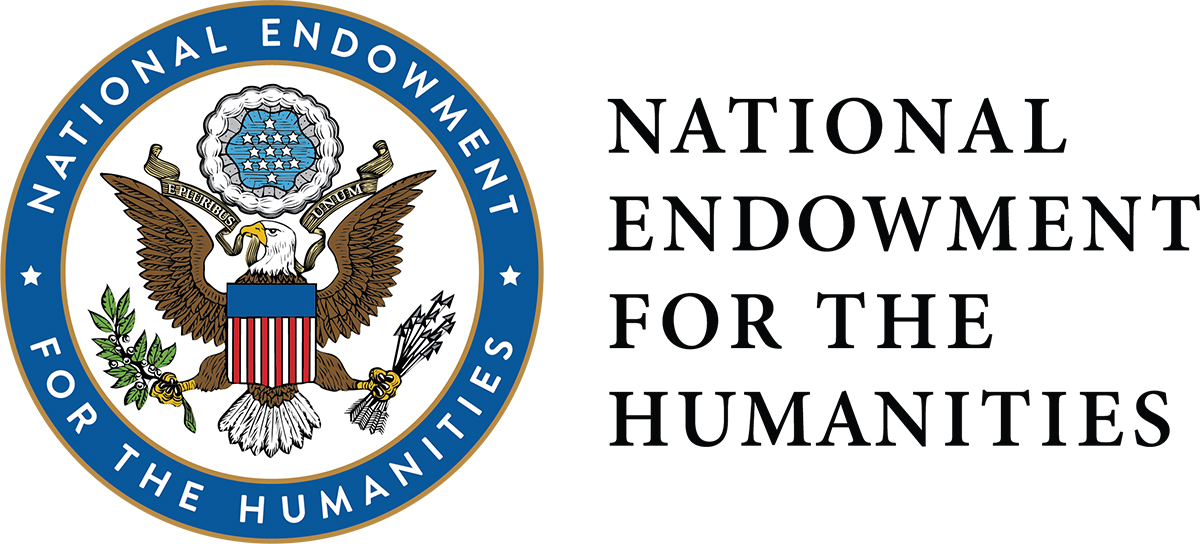Born from a summer workshop comprising teachers from across the country, a new website aims to educate elementary, middle and high school students and demonstrate the meaning of May 4, more than 50 years after the tragedy.
The website features educational materials that were presented and created during the National Endowment for the Humanities and Kent State-supported summer 2021 workshop, “Making Meaning of May 4: The 1970 Kent State Shootings in U.S. History."
Sixty-nine K-12 educators from more than 250 applicants across the nation remotely explored May 4 with the best scholar-experts to develop lesson plans for their students in two summer sessions. Workshop faculty included witnesses to the shootings, surviving casualties of the shootings, K-12 experts, a member of the Ohio National Guard present during the shootings and experts on movements of the 1960s. During these sessions, educators learned about the event and the wide range of resources on May 4. They worked on lesson plans to incorporate these materials into their classrooms. Now these materials are online for educational use.
Laura Davis, Ph.D., Professor Emerita of English, co-directed the workshops with Todd Hawley, Ph.D., professor in the College of Education, Health and Human Services. Davis said after previously working on the creation of the May 4 Visitors Center in Taylor Hall, she always knew a website dedicated to teaching about May 4 would make education about this day more accessible. The newly launched Making Meaning of May 4 website has three missions: promote understanding of the Kent State shootings on May 4, 1970, enhance humanities education across the disciplines and demonstrate the meaning of May 4 for today.
“This is the big thing that I hoped would happen afterward,” Davis said, “that there would be the next phase of having resources available that would educate people who did want to teach about May 4.”
Davis was a freshman in the spring of 1970, and she has dedicated much of her career at Kent State to keeping the history of May 4 alive. Having the story of May 4 reach schools outside of Ohio was an integral part of the workshop.
“It is not an Ohio-only story,” Davis said. “This is a story that was known around the world and continues to be known around the world.”
The website features the projects that were developed during these seminars, along with other resources for teaching about May 4. These materials are useful for grades ranging from elementary to higher education.
“The earliest grade that a project was developed was fifth grade,” Davis said. “The projects included a variety of different operational ways of getting into the learning experience.”
The website features materials such as iconic imagery from the events of May 4, maps and handouts, recommendations of books and films on the topic and teaching plans centered around the Kent State shootings and other prominent events such as the civil rights movement. The website is intended for everyone, Davis said.

Any views, findings, conclusions or recommendations expressed in this article do not necessarily represent those of the National Endowment for the Humanities.
Explore the new website at www.kent.edu/ehhs/making-meaning-may-4.
